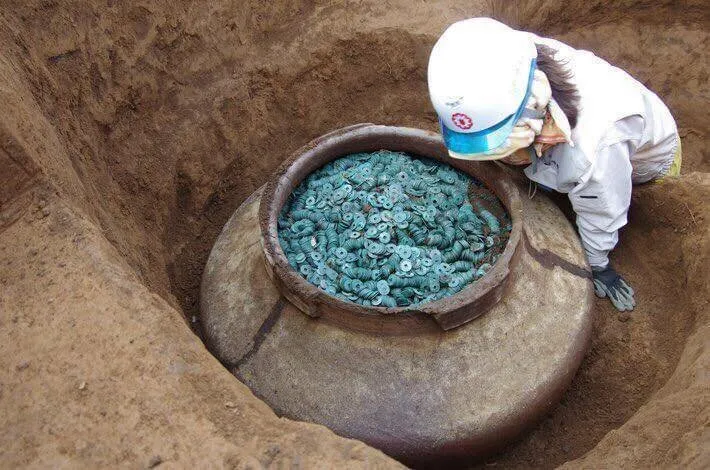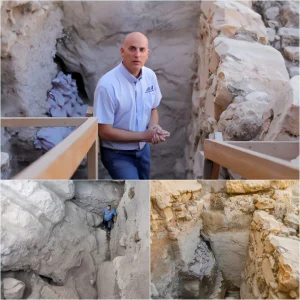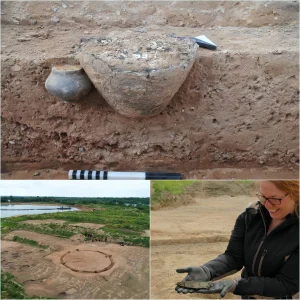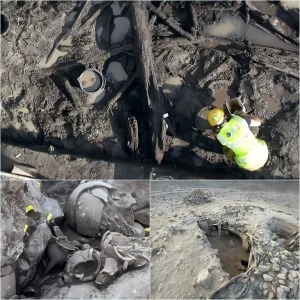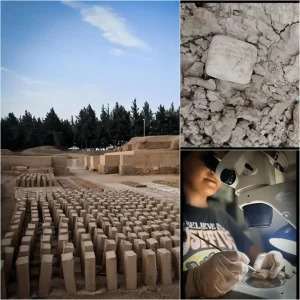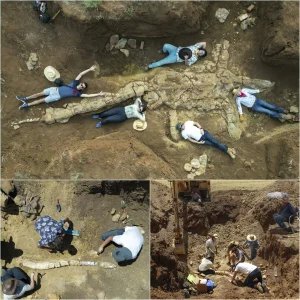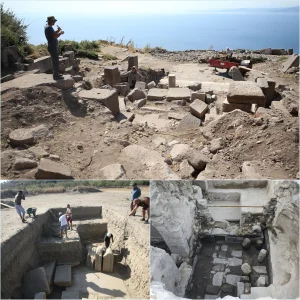In 2018, a remarkable discovery was made just north of Tokyo at the site of a fifteenth-century samurai residence. Archaeologists unearthed a ceramic jar filled with thousands of bronze coins. These coins, cast in China, were likely either buried as a ceremonial offering to the earth deity or kept for safekeeping.
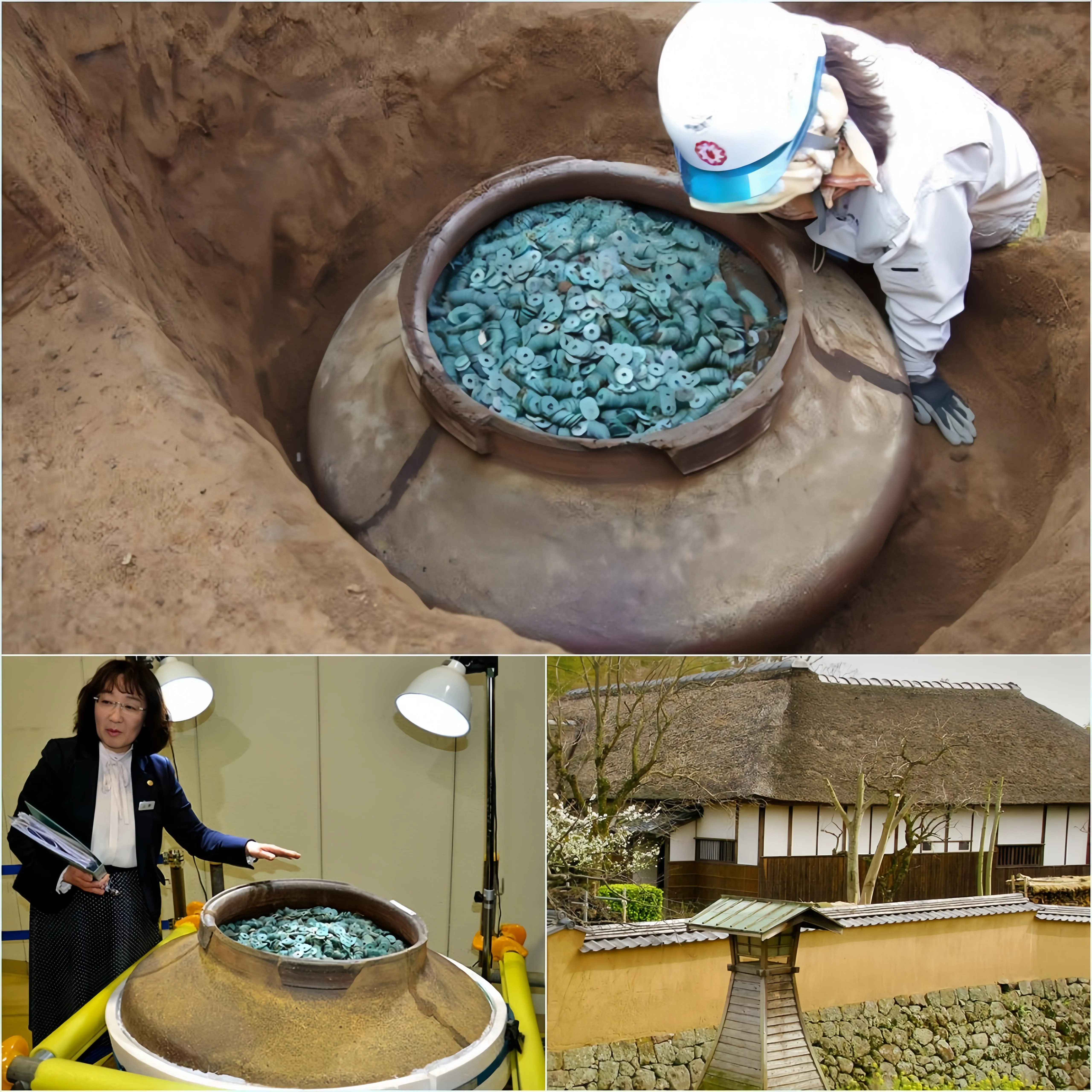
Yoshiyuki Takise, an archaeologist from the Saitama Cultural Deposits Research Corporation, noted that the coins’ precise purpose remains uncertain, but their presence sheds light on the economic practices and cultural rituals of the time.

During the Edo period (1603 to 1868), samurai families became key administrators and stewards of daimyo estates, acquiring significant managerial skills and education. By the 1870s, samurai made up about 5% of Japan’s population. The Meiji Restoration, however, dissolved their feudal roles, leading many to transition into professional and entrepreneurial fields. Despite this shift, the legacy of the samurai, along with their weaponry and cultural influence, continues to hold a prominent place in Japanese popular culture.
